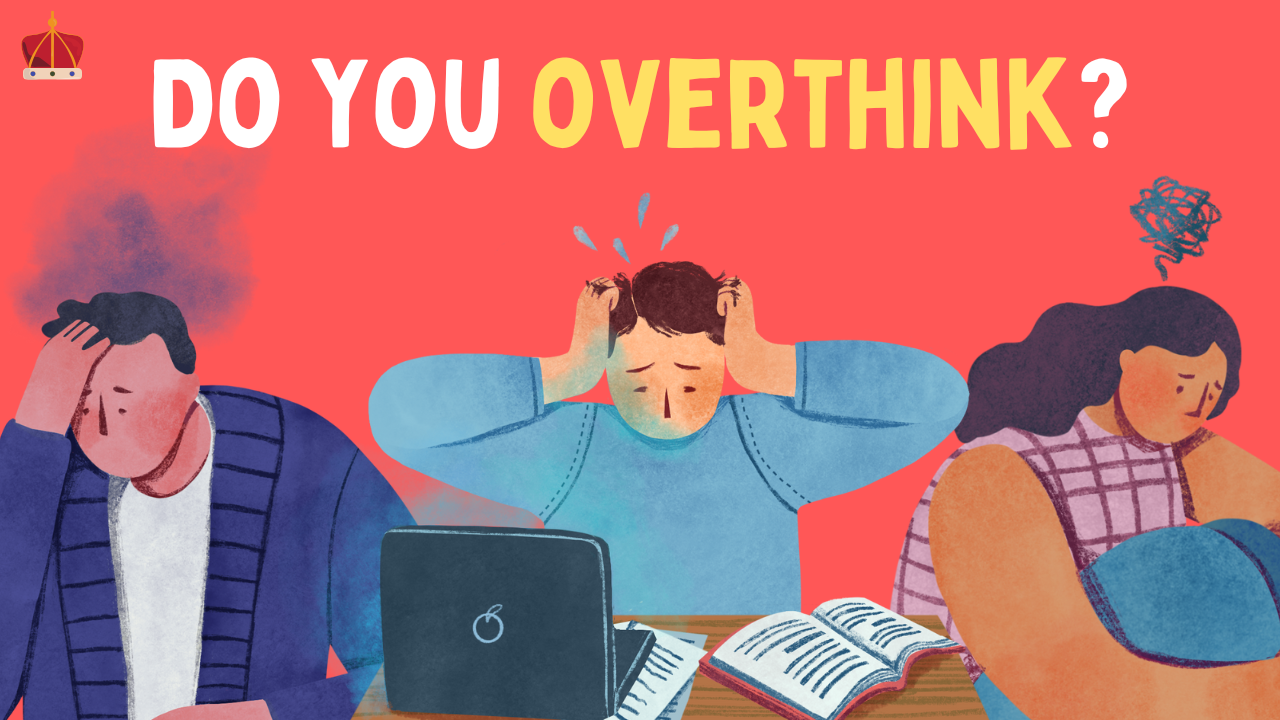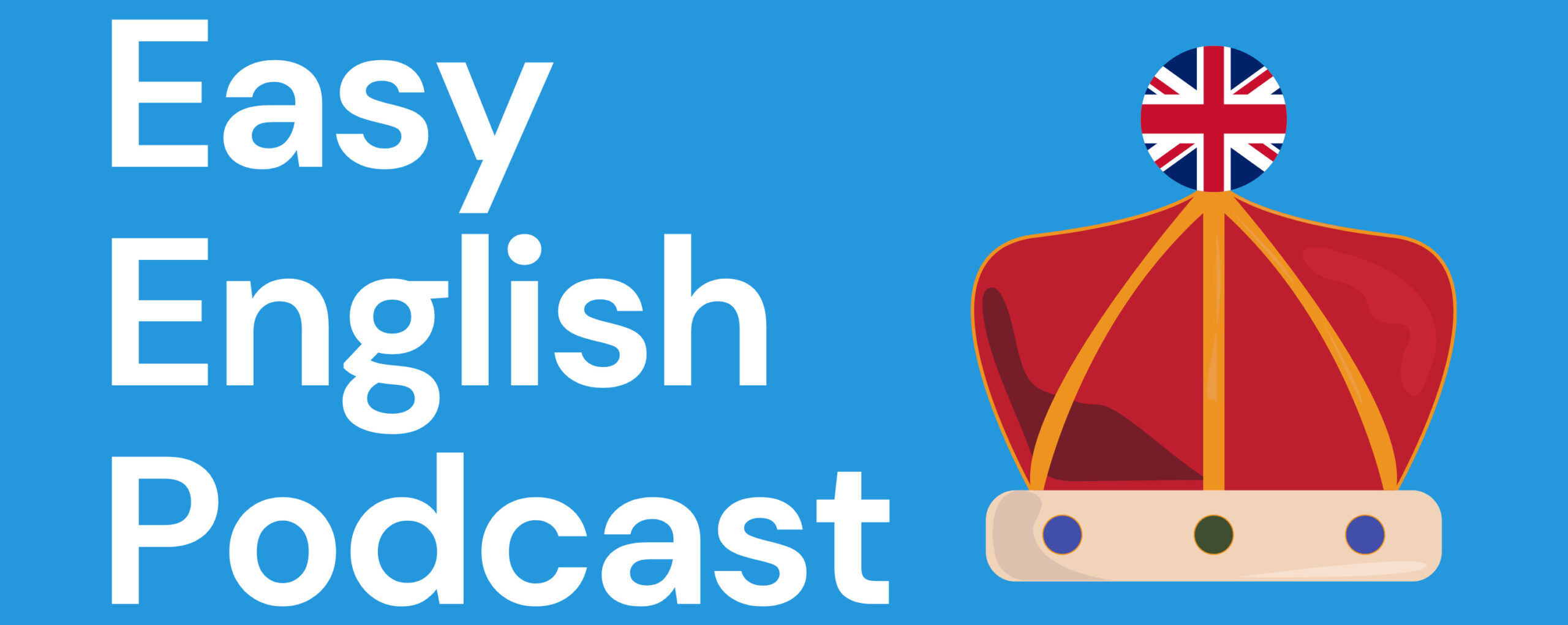
🎧 Podcast Companion: How to Stop Overthinking
🧠 Vocabulary List with Definitions & Examples:
- Overthinking – thinking too much about something in a way that is unhelpful or stressful.
Example: I stayed up all night overthinking what I said at the meeting. - Spiral (noun/verb) – when thoughts or emotions quickly get worse and feel out of control.
Example: I started to spiral after reading too many negative comments. - Second-guess (verb) – to doubt your decisions or actions.
Example: I second-guessed myself after sending that email. - Clarity (noun) – a clear understanding of something.
Example: Taking a break gave me clarity about what to do next. - Mental clutter – too many thoughts in your head that make it hard to focus.
Example: Meditation helps me reduce mental clutter. - Mindfulness (noun) – focusing on the present moment without judgment.
Example: Practising mindfulness has helped me stay calm under pressure. - Loop (noun) – a repeated cycle or pattern of thoughts.
Example: I get stuck in a loop of thinking about what I should have done. - Decision fatigue – when making too many decisions tires you out and affects your judgment.
Example: After a long day, I suffer from decision fatigue and can’t even choose dinner. - Let go (phrasal verb) – to stop holding onto thoughts, emotions, or things you can’t control.
Example: I’ve learned to let go of what I can’t change. - Productivity (noun) – how much useful work you can do.
Example: Overthinking can actually reduce your productivity.
💬 Useful Phrases from the Episode:
- “Caught in a loop of worry”
- “I couldn’t switch off my brain”
- “Stuck in analysis paralysis”
- “Trust yourself a little more”
- “What’s the worst that could happen?”
- “Take a mental step back”
- “Get out of your own head”
- “Not every thought needs attention”
- “Overthinking steals your peace”
📚 Reflection & Practice:
1. Listening Challenge:
While listening to the episode, try to spot these vocabulary words and phrases in context. Can you hear how they’re used naturally?
2. Discussion Prompt:
Answer this in writing or with a speaking partner:
What is one area of your life where you overthink the most? Why do you think that is?
3. Vocabulary Practice:
Complete the sentences using the vocabulary above:
a. I often get stuck in a _______ of thinking about my past mistakes.
b. Practising _______ helped me stop overreacting to stress.
c. I’ve learned to _______ and focus on what I can control.
d. When I have too many tasks, I experience _______.


2 Comments
Hello Oliver, overthinking is super topic. Thank you for this (and also previesť interesting) lessons 😃.
Thank you Peter! I am glad you enjoyed it 🙂
Comments are closed.